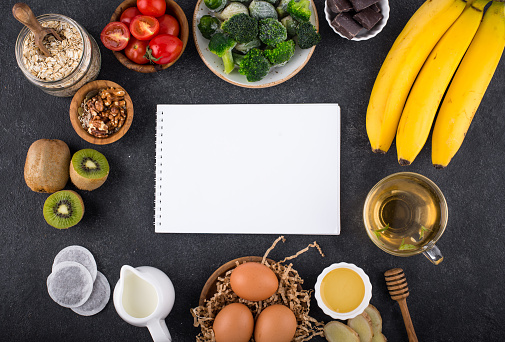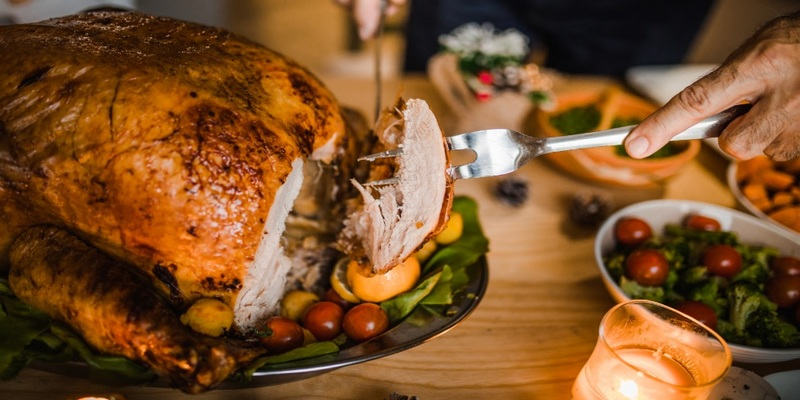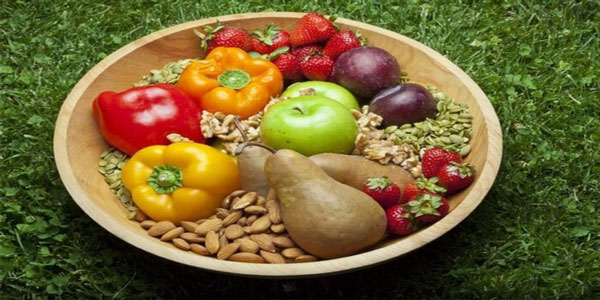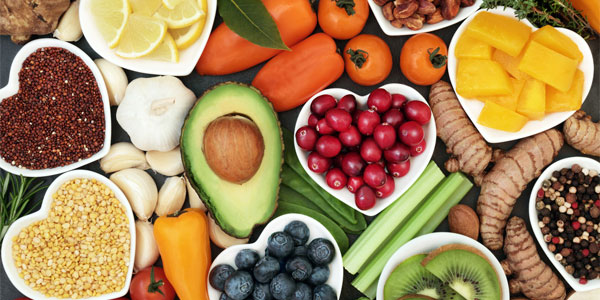The holidays of March and November are two times when the turkey is traditionally prepared and eaten. Many people believe that snacking on turkey would make them sleepy because of the presence of tryptophan, a substance found in turkey. That being stated, this view needs to be abandoned. Tryptophan, a precursor to the antidepressants serotonin and melatonin, is a critical amino acid in many foods, including turkey. The protein in turkey is high in the amino acid tryptophan. Comparatively, melatonin controls the body's sleep-wake cycle, whereas serotonin is in charge of regulating mood. Although the neurotransmitters mentioned earlier need the presence of tryptophan, this amino acid does not cause drowsiness on its own. This article will examine the physiological reality of tryptophan and thus its effects on the human body, in addition to other possible factors in the tiredness that may follow the intake of turkey.
What Is Tryptophan?

Tryptophan is found in considerable quantities in several meals, including turkey, which is one of those meals. Turkey is a food that includes the essential amino acid tryptophan, which may also be found in other foods. Tryptophan may also be acquired from many foods, some of which are listed below for convenience. These foods include: In addition, there is a potential that the additional meals contain the amino acid tryptophan. It is essential to the physiology of the body and the activities that occur within the body since it is a precursor to the neurotransmitters serotonin and melatonin.
Melatonin and serotonin are two of the most important hormones produced by the body. Melatonin is the hormone that is primarily responsible for regulating mood, while serotonin is the hormone that is responsible for maintaining a proper sleep-wake cycle in the body. Both of these hormones are produced by the pineal gland. Serotonin is the neurotransmitter that ensures a healthy sleep-wake process is maintained in the body. Both hormones are produced by the body on their own accord by the body's natural systems whenever it is healthy and operating regularly. Both of these hormones are produced by the pineal gland, which is located close to the base of the brain. It is essential for regulating sleep and wake cycles.
Does Tryptophan Cause Sleepiness?
Although it is a common notion that tryptophan will make a person sleepy, this is not the truth. Tryptophan does not have any effect on sleepiness. In reality, tryptophan has the exact opposite effect. Tryptophan does not directly cause fatigue; instead, it is needed to create serotonin and melatonin, both of which are essential for sleep. Tryptophan is necessary for the development of these two neurotransmitters. Tryptophan does not make people sleepy; it is essential to create drowsiness-inducing chemicals. Both serotonin and melatonin cannot be produced in the human body without the presence of the amino acid tryptophan. Although tryptophan is a kind of amino acid, the presence of this particular amino acid is not essential for human survival. The quantity of tryptophan found in turkey is comparable to the amount of tryptophan found in other kinds of meat, such as beef and chicken.
Other Factors That Contribute To Sleepiness After Consuming Turkey

Several other factors may contribute to the feeling of drowsiness after consuming turkey. One is the high amount of carbohydrates in many traditional Thanksgiving sides dishes, such as stuffing and mashed potatoes. Carbohydrates stimulate the release of insulin, which can cause a decrease in blood sugar levels and lead to drowsiness. Another factor is the large portion sizes often consumed during holiday meals. Eating a large amount of food can cause the body to shift blood flow away from the brain and towards the digestive system, leading to feelings of drowsiness. Finally, it is common for people to consume alcohol during holiday meals, and alcohol is a known sedative. Drinking alcohol can cause drowsiness, regardless of the type of food consumed.
Conclusion
The conclusion is that tryptophan, an amino acid found in turkey, is not solely responsible for making people feel sleepy after eating it. While tryptophan is a natural sleep inducer, the levels in turkey are not high enough to cause drowsiness. The feeling of sleepiness after consuming turkey is more likely due to the combination of other factors, such as the high carbohydrate content in a typical Thanksgiving meal, the amount of food consumed, and the relaxing atmosphere of the holiday. It's important to note that other protein sources, such as chicken, cheese, and fish, contain tryptophan.

The DASH Diet Is Successful. Exactly Why Hasn't This Trend Taken Off?
Dec 12, 2023

Preventing Eyelash Loss: Essential Tips for Healthier Lashes
Mar 12, 2024

An Overview of the Mayo Clinic Diet and Its Benefits and Drawbacks
Dec 14, 2023

Calories Content Of An Orange
Oct 23, 2023

Effective Strategies and Remedies for Minimizing Crepey Skin
Mar 12, 2024

Is Your Skin Peeling Around Piercing? Find Out The Reasons!
Mar 12, 2024

What You Should Know About Cramps And Causes Of Leg Cramps
Nov 23, 2023

How To Control Your Blood Sugar In Surprising Ways
Feb 17, 2024



